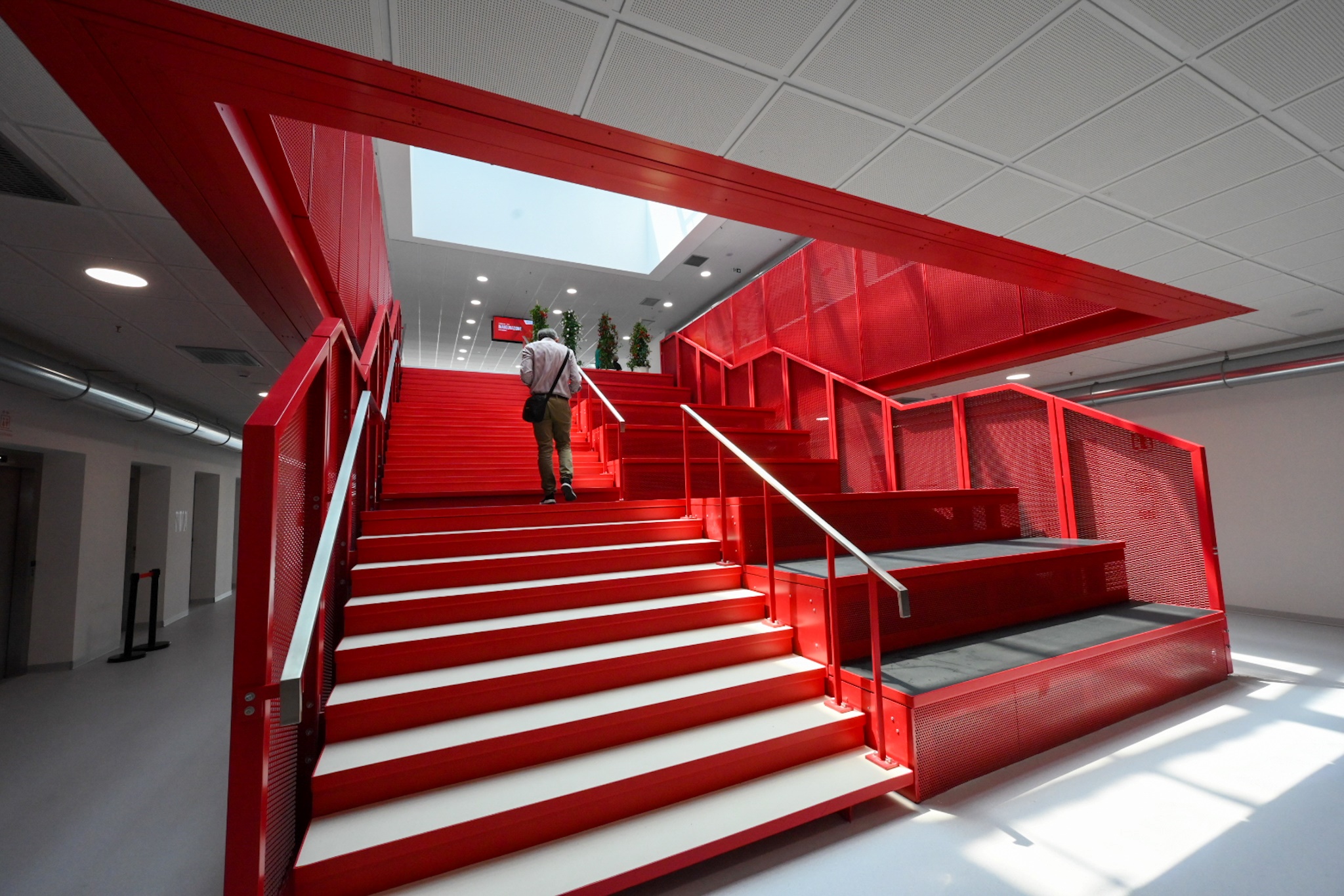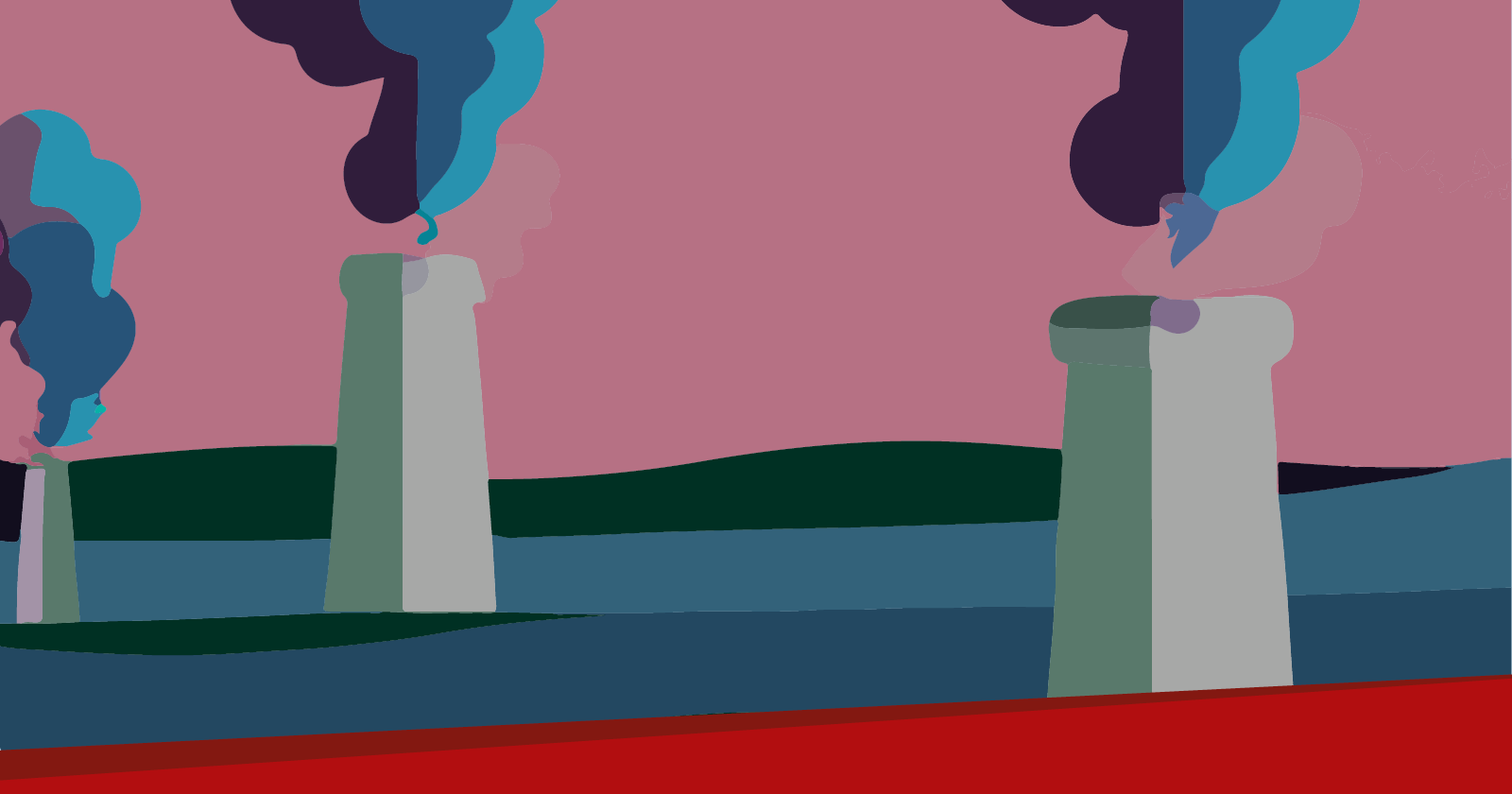Circular economy
The University embraces the principles of participating in a circular economy. In addition to integrating sustainability into its procurement procedures, the University commits itself to reuse available materials before making new purchases.
Reuse of furnishings and IT workstations
The University created a new procedure to reduce waste by cataloguing and storing unused materials with viable technical and aesthetic functionality. Thanks to this procedure, 200 new workstations were set up in 2020, reusing only assets already in the warehouses at other University locations.
Refurbished notebooks for staff and students
In the same logic, as part of the contributions and measures designed to support its community following the COVID-19 pandemic, the University has agreed to purchase remanufactured notebooks at subsidized prices. The agreement satisfies both students and staff taking part in Smart Working conditions.
Other initiatives to promote reuse and recycling
Reuse, recycling, and upcycling at the University include the daily choices made in administrative offices. For example, as far as communication activities are concerned, reusable printed products (such as posters and signs) use FSC-certified paper, innovative cellulosic material, or combined upcycled products created from the waste of foodstuff or leather. Similarly, gadgets made for festivals and events can be graphically adapted to make them usable in subsequent editions (for example, omitting the dates).
Sustainable merchandising and certified products
The merchandising products that find a place on the Unipd Store shelves have also been carefully selected based on sustainability and certification criteria of the manufacturing companies. Sustainable products have been marked with special labels inside the store.
Backpacks and laptop cases made from recycled plastic bottles, co-branded with Tucano, and repet cups and mugs, co-branded with QuyCup, went on sale during 2022. Also of note are the Malefatte line, which features recycled pvc bags and houses made in the Venice prison, and shoppers and T-shirts made from sustainable cotton.
A series of in-depth videos, curated and shared by the Instagram profiles@unipadovasostenibile and @unipdstore, were also produced to promote knowledge of the main labels for choosing products that respect the health of people and the Planet.
CEWMS – Centre for the Study of the Circular Economy
In October 2021, CEWMS – Centre for Studies on Circular Economy (Circular Economy of Waste, Materials and Sustainability) was inaugurated, which is under the Department of Civil, Construction and Environmental Engineering and involves more than 40 faculty members, belonging to different departments of the University (Civil Engineering, Construction and Environmental Engineering, Industrial Engineering, Industrial Systems Technology and Management, Biology, Chemical Sciences, Public, International and Community Law, Economic and Business Sciences, Psychology of Development and Socialization, Geosciences, Land and Agro-forestry Systems).
The Centre aims to enhance established interdisciplinary experience and expertise in the field of circular economy, strengthen research activities, and provide technical and scientific support to public bodies and enterprises. In this way, the Centre aims to be a point of reference for training and technical-scientific updating, contributing to the implementation of circular economy actions through the creation of synergies among different disciplinary fields.
Ellen MacArthur Foundation
Thanks to the institution of the Centre and a widened teaching offer, the University of Padova has become a profiled university of Ellen MacArthur Foundation, a worldwide-recognised non-profit organisation, which has been committed for more than 20 years to promoting circular economy that aims to reduce waste, resource consumption and pollution, thus closing the cycle.


